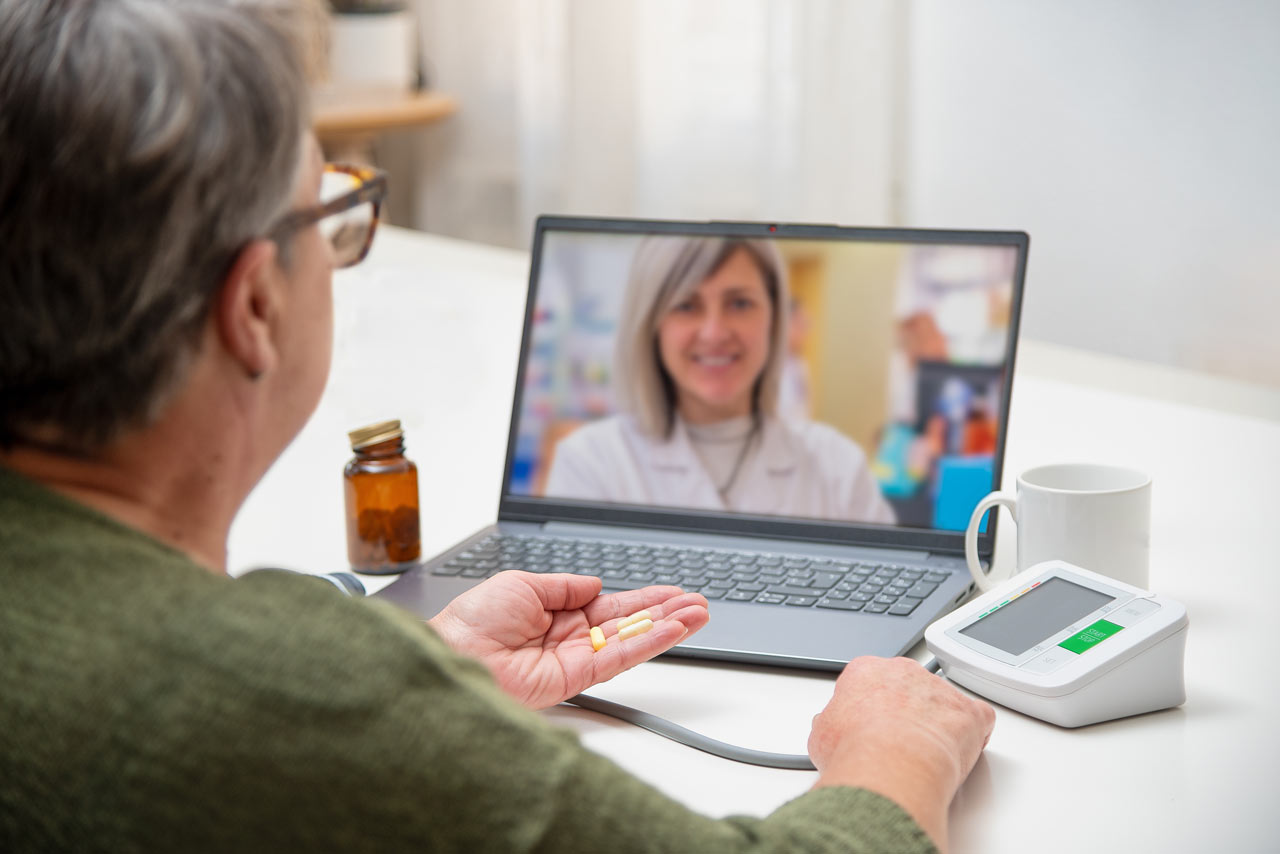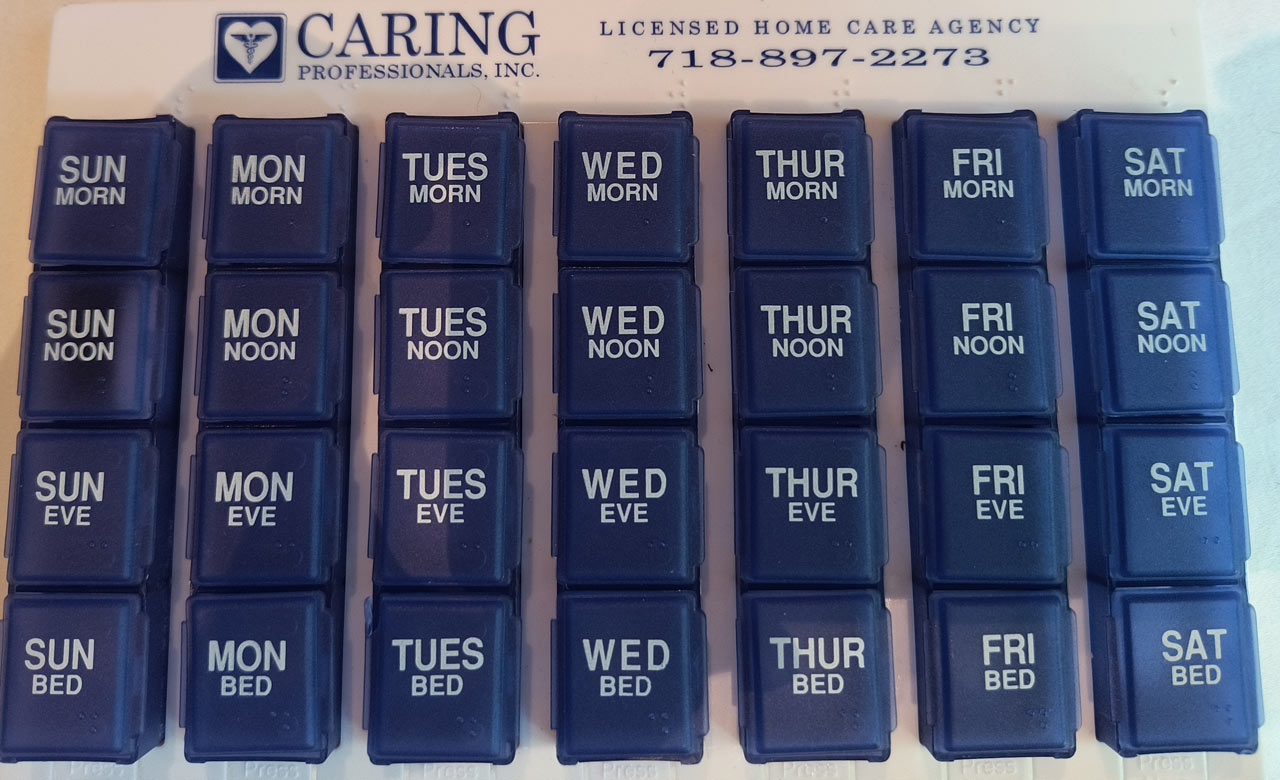Government Assistance for Elderly Home Care
If you or a loved one need home care, you may be eligible for financial assistance to help cover costs
Needing home care is not typically something people think about in their younger years. Even individuals who have savings ready to help with healthcare may not have anticipated the high costs, especially for long-term needs.
For those over 65 who already have Medicare, Medicaid can provide extra coverage.
This is where Medicaid and Medicare can come in, two different government programs that operate on a local and national level to support those in need of medical care. The differences between the two can be confusing at first, so we’ve broken down the basics to help you receive the help you need.
An Overview of Medicare
The first thing to know is Medicare only provides coverage for those over 65, and people with select disabilities under 65. It is a federal program, and does not have limits on income, but it does have stricter limits on what is covered.
There are multiple types of coverage under the Medicare umbrella, which include basic things like doctor visits, outpatient care, medical supplies and prescription drugs. It will also help with inpatient hospital stays and hospice care, but coverage for home care and health aides is limited.
Typically, under Medicare, people are only eligible for home care for a short period of time. Coverage is usually more about helping with one-time health issues. An example would be a patient who was just released from the hospital after a fall, and needs help recovering at home.
Using Medicaid for Home Care
Because Medicare limits the amount they cover for at-home care, patients who need more can apply for Medicaid. Medicaid is not limited to a specific age group or disability, but it does have financial limits on who qualifies.
Medicaid is a federal and state program, and qualifications can change from state to state. For those over 65, along with other select groups, there are “spend down” programs that allow individuals who don’t meet the financial requirements to receive partial help from Medicaid. Typically these people need to use their own finances for the health needs for whatever amount above the eligibility limit they are. Then what is left over, Medicaid will step in and cover.
However Medicaid is obtained, the home care options are the same. Medicaid is the choice for government-funded, long-term home care. In New York that includes providing options like CDPAP, a program that allows clients to choose friends or family members to be their paid caregivers.
Who is Eligible for Medicaid Home Care?
There are a variety of factors that can make government plans work for your home care. The structure of Medicaid, and Medicare, are organized in a way to best provide coverage for everyone who needs it. For those over 65 who already have Medicare, Medicaid can still be added to provide extra coverage for things that Medicare is unable to cover.
In some instances, Medicaid may be easily obtained if your household income is below the requirements. But even if you don’t, there are ways to “spend down” to meet the requirement and qualify for Medicaid.
For help applying for Medicaid, or questions about how Medicaid works with Caring Professionals, contact us today. Our team has all the resources and experience to help you find the home care solutions you need.






